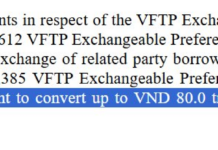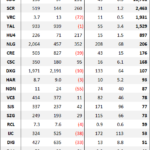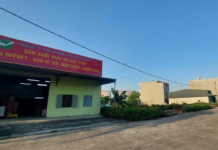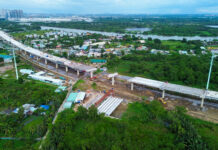According to a report by CBRE Vietnam, the average primary apartment price in Hanoi has reached VND 79 million per square meter, a staggering 33% increase from the previous year.
In Ho Chi Minh City, many projects have also witnessed price hikes ranging from 15% to 40%, with some areas even reaching VND 100-120 million per square meter.
By 2026, these prices are expected to soar even higher, not just in the two largest cities but also in potential markets such as Da Nang and Can Tho, which are already showing notable developments. These numbers have become a growing concern and burden for many families.
Commenting on this situation, Professor Dang Hung Vo, former Deputy Minister of Natural Resources and Environment, argued that the current price surge is mostly driven by speculative pricing rather than actual market demand.

He analyzed that compared to 2010, housing prices have more than doubled, yet this does not accurately reflect the supply-demand relationship. “In reality, the surge in housing prices is not solely due to a shortage of supply, causing a rush to buy. Nowadays, many people want to sell their properties but can’t!” Professor Dang Hung Vo emphasized.
According to the Professor, housing prices have reached a level that even the middle class struggles to afford. The paradox of high prices coupled with low transaction volume contradicts the fundamentals of a market economy.

“Housing prices only increase when the market is hot; it’s uncommon for prices to rise in a stagnant market,” said the former Deputy Minister of Natural Resources and Environment. “However, we are experiencing significant price hikes despite low transaction volumes, which is unusual and contrary to market principles.”
As a solution, Professor Dang Hung Vo suggested that real estate prices can be calculated based on actual costs, including construction materials, labor, and infrastructure expenses. This would enable authorities to determine reasonable profit margins for projects.
However, in reality, the current prices exceed this cost framework, leading to speculative pricing. According to Professor Dang Hung Vo, identifying speculative pricing is not challenging. The crucial aspect is for policies to be geared towards calculating market prices and applying appropriate taxes. Instead of solely taxing project income, this approach would help curb unreasonable price hikes.
Regarding the reason for the increase in apartment prices, Professor Dang Hung Vo attributed it to both supply-demand dynamics and speculation. On the supply-demand front, the Professor noted that the housing supply has not kept up with the demand. Apartments are supposed to be more affordable for the masses as they can be built upwards, accommodating more units on the same plot of land.
In principle, apartment prices should be within the reach of the middle class and those with lower incomes. However, many projects have been stalled since 2018-2020, and these issues remain unresolved. Some developers have delayed land use payments, leading to higher costs when they eventually pay at newer rates. Additionally, the overall housing supply has decreased significantly post-Covid-19, with many projects halted due to legal complications.
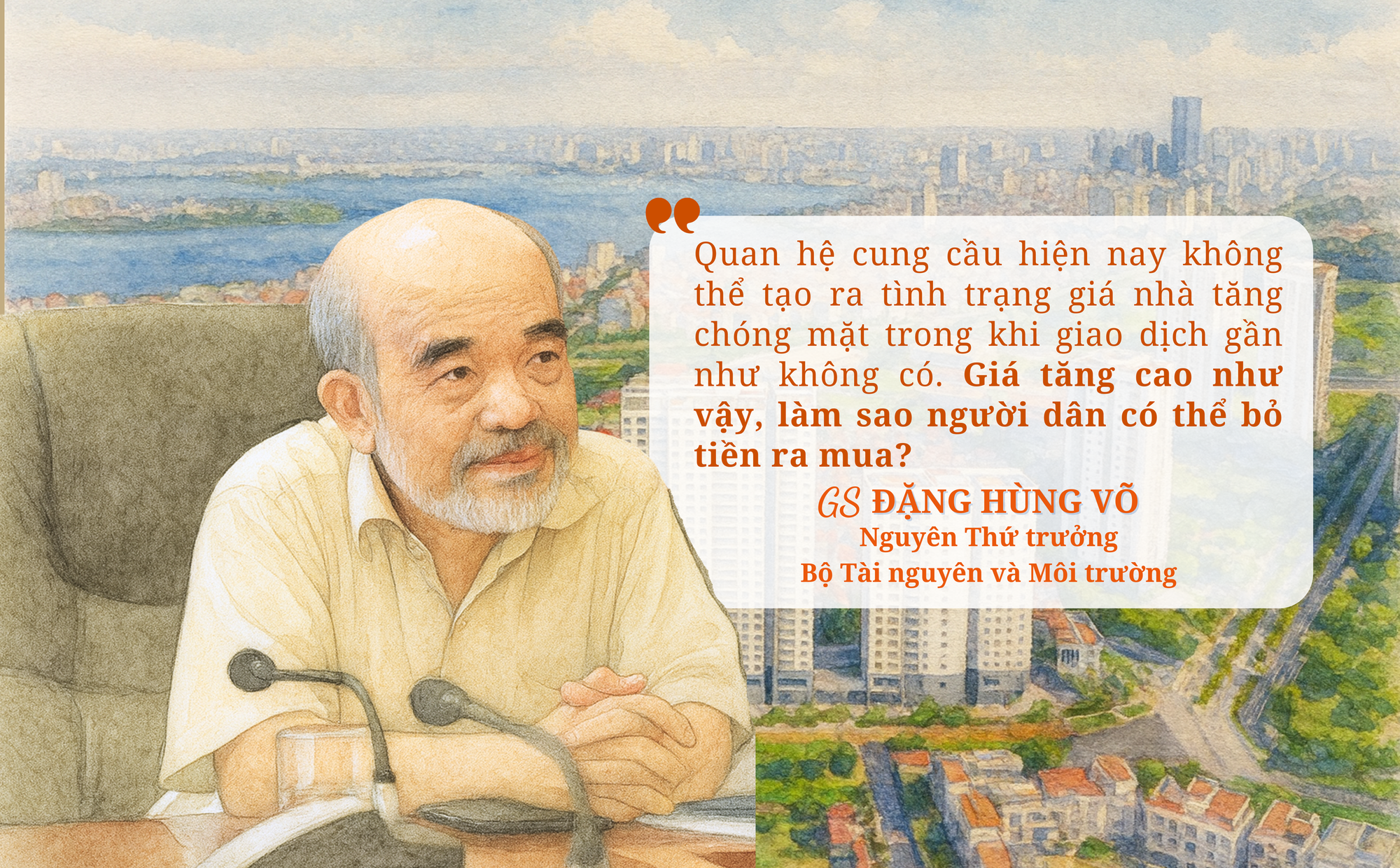
More importantly, the Professor pointed out the phenomenon of price gouging by real estate businesses and brokers. The scarcity is exaggerated, and prices are rapidly inflated while actual transactions remain scarce. “The current supply-demand relationship cannot explain the rapid price increases when there are hardly any transactions. How can people afford to buy at such high prices?” he analyzed.
Professor Dang Hung Vo emphasized that the apartment market is facing a dual challenge of limited supply and speculative pricing, which has resulted in reduced liquidity and a significant impact on the market.
Real Estate Giants Diversify into Airport Infrastructure: Masterise, Gia Binh, and T&T Group Lead the Way
A wave of private sector investment is sweeping across Vietnam’s aviation infrastructure, from new constructions to expansions of existing airports nationwide.
“Land Transfers Lead to Unreasonable Business Cost Increases”
“This assertion was made by Mr. Nguyen Quoc Hiep, Chairman of the Vietnam Association of Construction Contractors (VACC), at the workshop ‘Perfecting Land Laws to Create a Driving Force for Development in the Digital Age’.”
“Real Estate Firms’ Profits Soar: First-Half Yearly Earnings Up 150%”
The Vietnamese real estate market witnessed significant fluctuations and a strong segmentation across segments and regions in the first half of 2025. Amidst these dynamics, listed real estate enterprises surprisingly reported a 50% surge in net profits compared to the same period in 2024, showcasing their resilience and adaptability in a challenging environment.
Why Buying a House is Still Unaffordable on a $2000/month Income
Despite earning a monthly income of 50 to 100 million VND, many young families in Hanoi still struggle to purchase property in the city due to soaring prices that far outpace their financial capabilities. This has sparked a trend of “wedding reluctance and childbirth procrastination,” casting a shadow of consequences on the real estate market.











